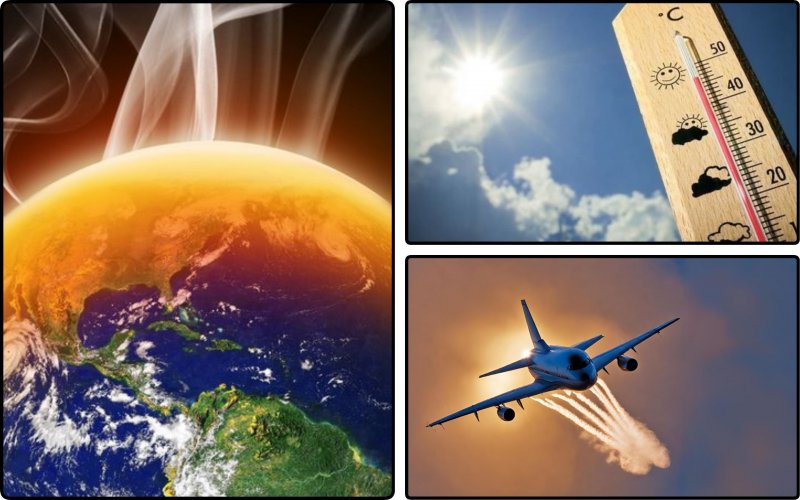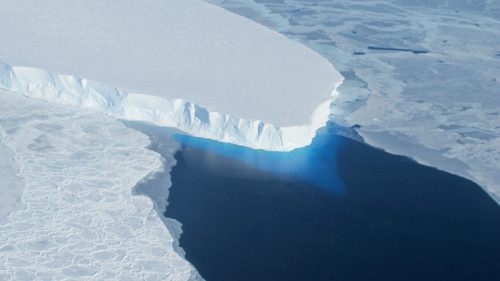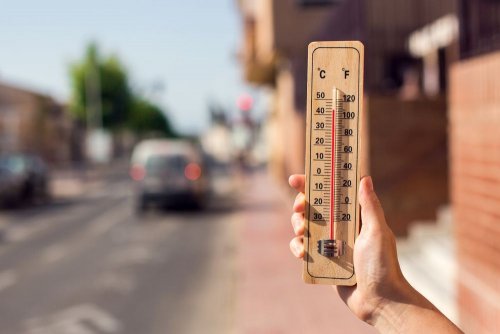The problem of global warming is becoming more acute every year, and climate change is leading to more and more devastating natural disasters. In 2023, the world exceeded the critical limit of temperature rise by 1.52°C for the first time, and greenhouse gas emissions continue to grow. According to some scientists, existing decarbonization efforts are not enough and the climate crisis can only be overcome with the help of geoengineering. This will allow us to "buy time" for a fair green transition.
Read more about the peculiarities of this technology in EcoPolitic' article.
Geoengineering is a deliberate, large-scale intervention in the Earth's natural systems to counteract climate change.
There is a wide range of geoengineering methods that can be divided into two categories – solar radiation management (SRM) or solar geoengineering and greenhouse gas removal (GGR) or carbon geoengineering.
Solar geoengineering involves reflecting some of the Sun's energy back into space. This helps to counteract the temperature rise caused by the greenhouse effect by:
- Increasing albedo means increasing the reflectivity of clouds or the earth's surface so that more solar heat is reflected back into space. For example, to increase the reflection of the sun's rays in remote areas of the ocean, it is suggested to spray drops of sea water, or to create air bubbles in surface waters;
- Cosmic reflectors – putting into orbit screens, solar screens that will reduce the number of solar rays reaching the Earth;
- Stratospheric aerosols are the introduction of small light-reflecting particles into the upper layers of the atmosphere, which reflect part of the sunlight before it reaches the Earth's surface.
According to SRM supporters, at this stage, reducing greenhouse gas emissions is not enough to eliminate climate chaos and every potential solution should be explored. The space shield will not reduce greenhouse gas emissions, but even the amount of greenhouse gases already present traps a large amount of heat. However, according to critics, damage to such a screen would lead to rapid catastrophic warming.

nytimes.com
Carbon geoengineering involves removal of carbon dioxide and other greenhouse gases from the atmosphere. This is a direct countermeasure to increasing the greenhouse effect and ocean acidification. Although such technologies are already in use, they must be implemented on a global scale to curb climate change. GGR includes:
- Afforestation – global planting of trees;
- Biochar – "charring" biomass and burying it so that its carbon is locked in the soil, such as burying pieces of charcoal in agricultural fields;
- Bioenergy with carbon capture and sequestration – growing biomass, burning it to obtain energy and capturing CO2 emissions;
- Atmospheric air capture – the creation of large machines that can extract carbon dioxide directly from the surrounding air and store it elsewhere;
- Ocean nourishment – adding nutrients to the ocean to increase primary biomass, which absorbs carbon dioxide from the atmosphere;
- Enhanced weathering – exposing large amounts of minerals that will react with carbon dioxide in the atmosphere and storing the resulting compound in the ocean or soil.
- Increasing ocean alkalinity – Dissolving rocks such as limestone, silicates, or calcium hydroxide in the ocean to increase its capacity to store carbon and directly reduce ocean acidification.
According to leading climate scientist James Hansen, cooling the planet is an urgent need. After all, humanity has significantly disrupted the energy balance of the planet, and now much more heat is coming from the Sun than is being radiated into space.





